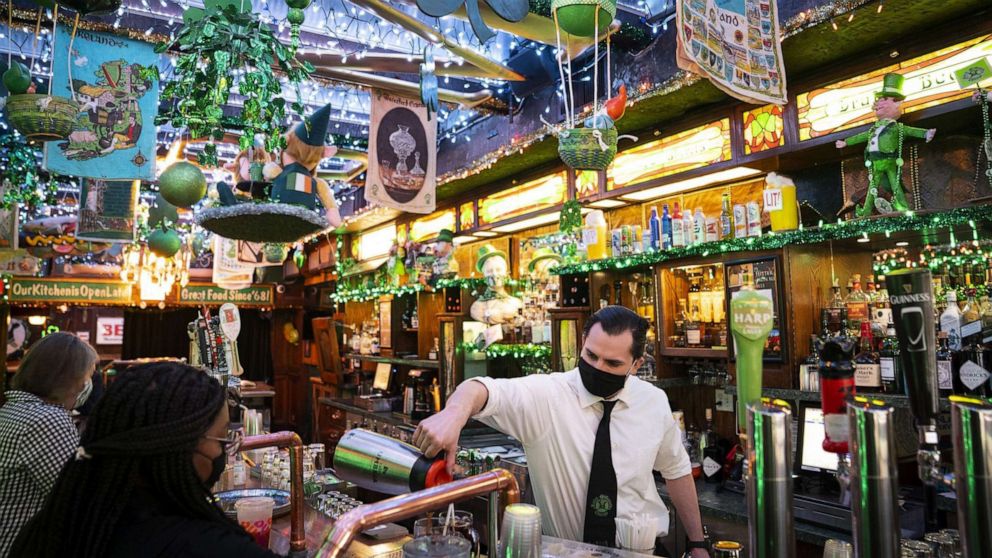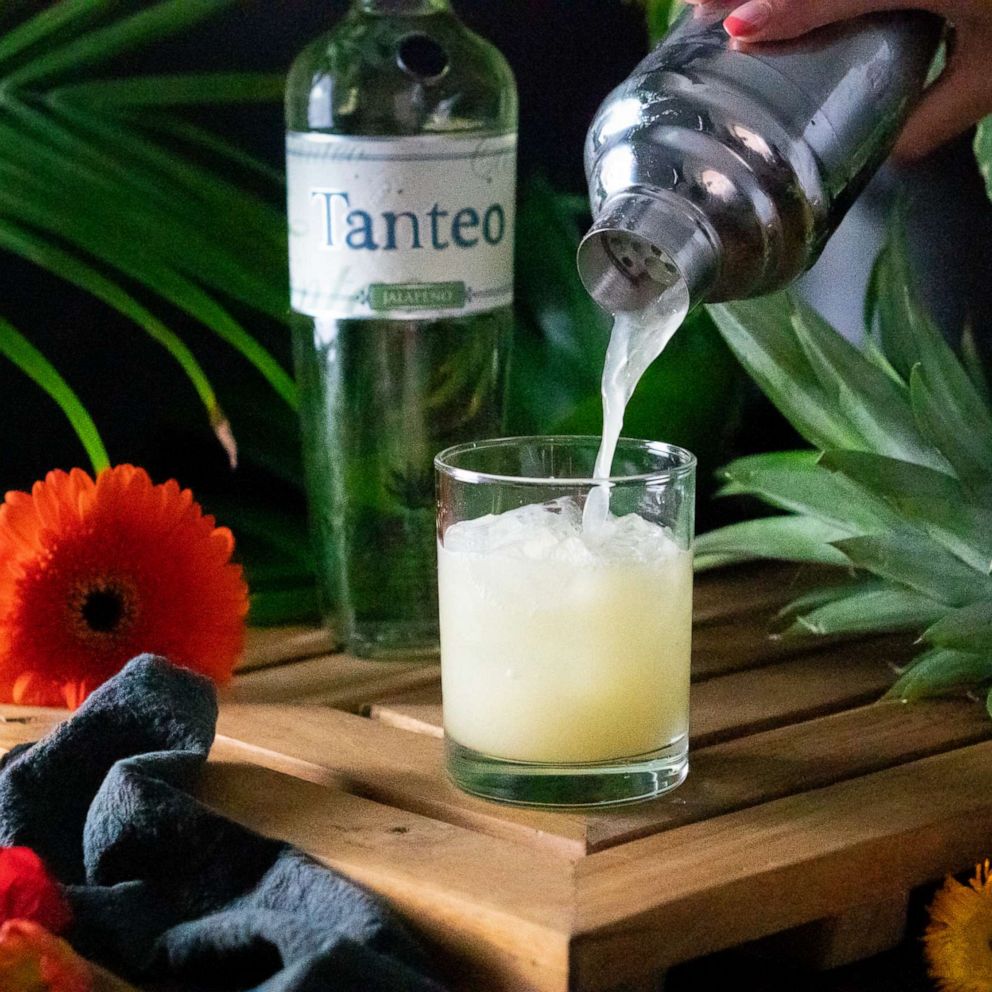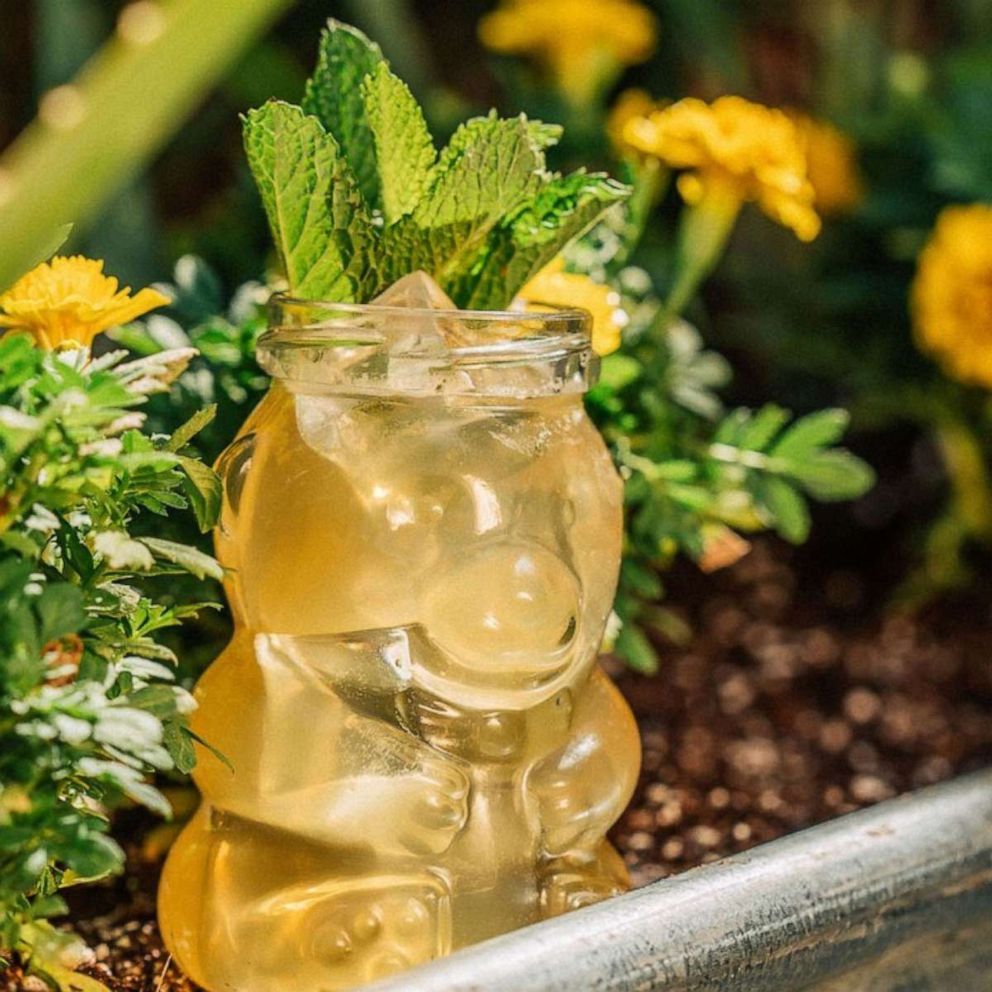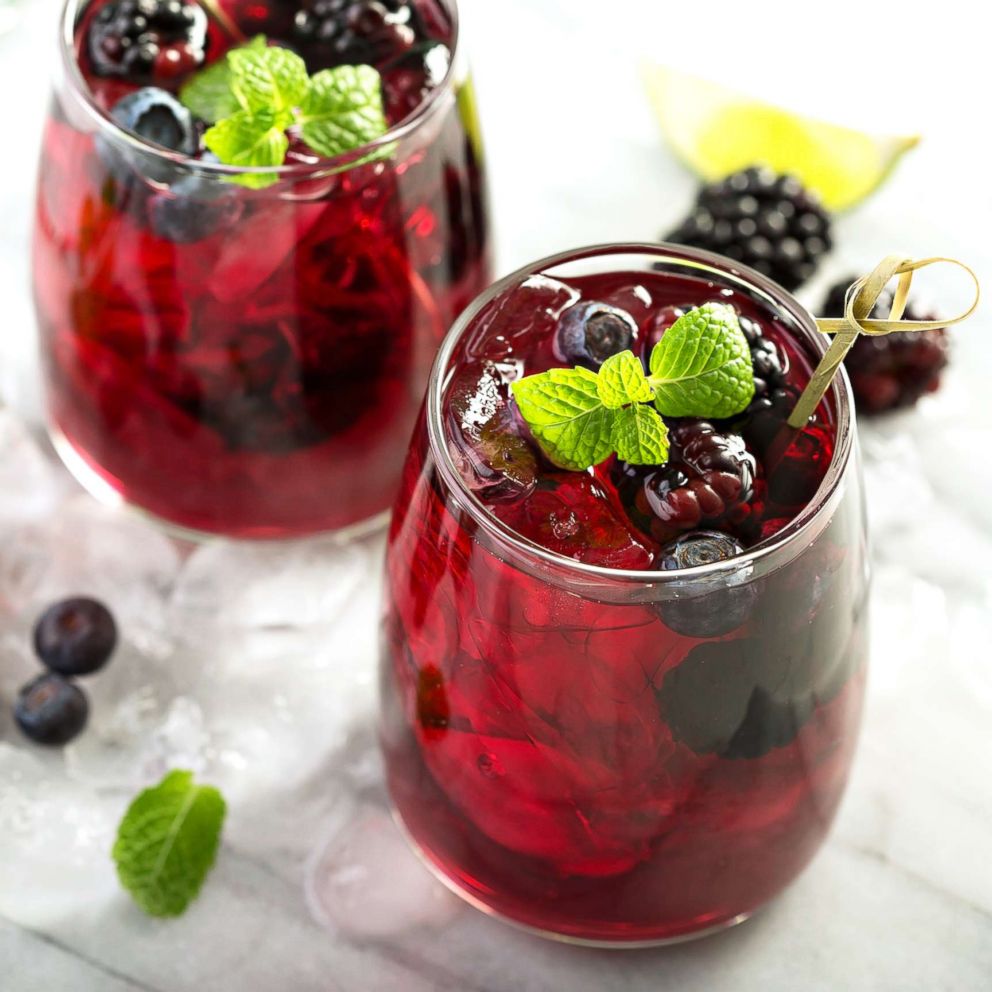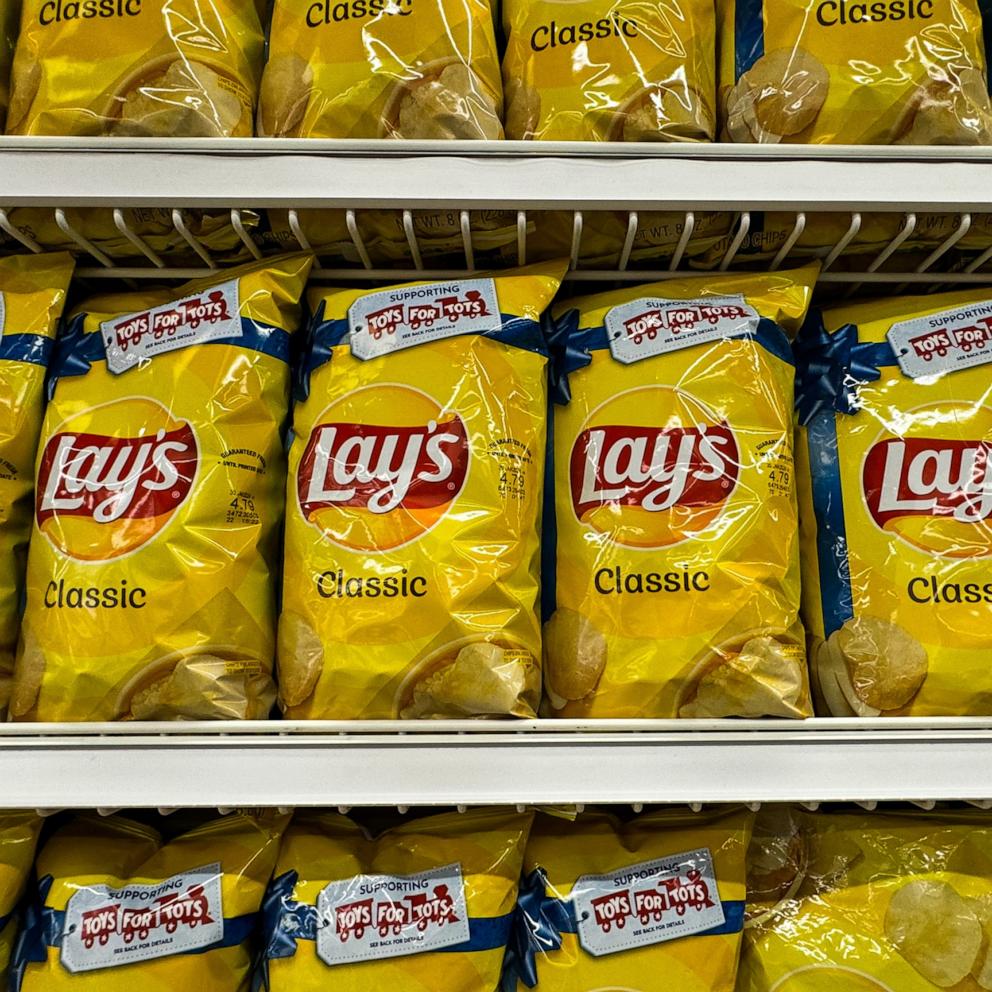5 things to know about Irish whiskey as sales grow beyond St. Patrick's Day
While St. Patrick's Day has its origins as a religious and cultural holiday, the celebrations associated with it around the world typically tend to revolve around drinking. Although the coronavirus has cancelled or severely curbed St Patrick's Day festivals in the U.S., it has not reduced the demand for one of Ireland's biggest exports: whiskey.
According to the Irish Whiskey Association (IWA), a representative body, the weekly sales rates for Irish whiskey brands like Jameson, Teeling, Dingle, Redbreast, Midleton and others in the U.S., is double the average for the two weeks leading up to March 17.
In addition, the Distilled Spirits Council of the United States (DISCUS) recently announced that the value of Irish whiskey sales in the U.S. in 2020 increased by 6.9% to a total of €1.13 billion -- despite the ongoing COVID-19 pandemic.
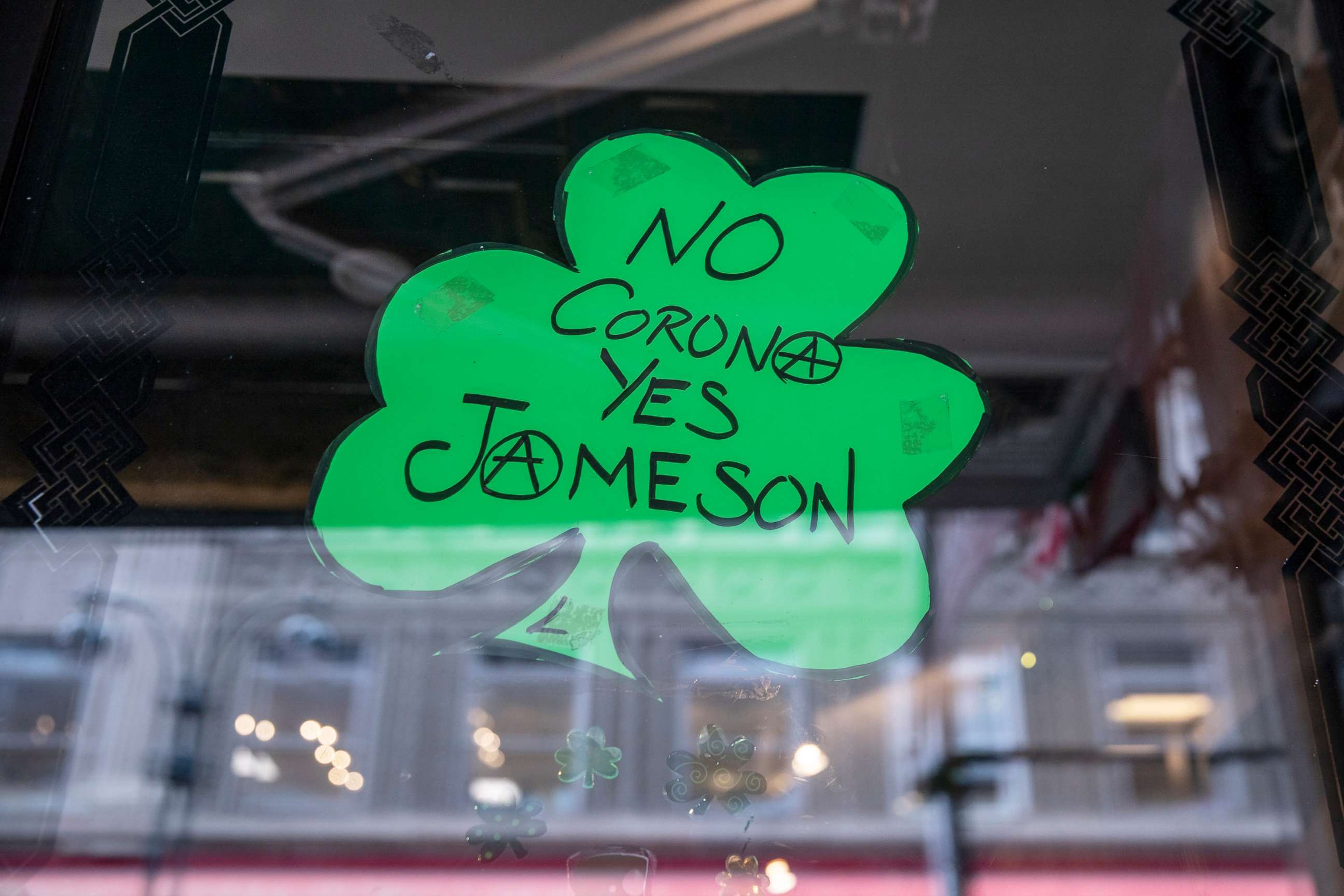
This all may be good news for the Irish whiskey "renaissance," a term the industry has labeled to describe the surge in popularity over the last decade, but it could also spell bad news for people's health, as experts have issued warnings about excessive alcohol consumption before and during the pandemic.
Added to this is the fact health bodies like the Centers for Disease Control and Prevention continue to warn against non-essential travel.
Although it may be a while before Americans can return to touring at whiskey distilleries in Ireland or marching in parades while drinking green beer, they can still enjoy whiskey as a taste of Ireland at home.
According to Andrew Eis, Jameson Engagement Director for the U.S.: "St. Patrick's Day provides an opportunity for American consumers to sample our whiskeys and appreciate the uniquely Irish taste, quality, and diversity of our offerings."
Here are five things you might not know about Irish whiskey:
1. Ireland is the home of whiskey.
While there has been much debate about whether it was the Scottish or the Irish who brought what we know to be whiskey into the world, there are written records of Irish whiskey going back to at least 1405, according to Dublin's Irish Whiskey Museum.
It cites from the Annals of Clonmacnoise, an English translation of a lost Irish chronicle, which states that "Richard Magrannell Chieftain of Moyntyreolas died at Christmas by taking a surfeit of aqua vitae. Mine author sayeth that it was not aqua vitae to him but aqua mortis."
2. Ireland is the country that gave whiskey its name.
The origin of the word "Uisce beatha" or "usquebaugh" (pronounced "ish-ka ba-ha") is Gaelic for "water of life."
It was translated from the Latin aqua vitae, used to describe spirits.
3. Irish whiskey is a "protected geographic indication" under European Union law, meaning it can only be made in Ireland to be able to call itself Irish whiskey, similar to the rules around the production of Champagne.
Industry chiefs have said there has been an increase in U.S.-produced spirits "passing off" as Irish-style whiskey. To counter this, the IWA trebled its legal budget in 2019, focusing on taking enforcement action against counterfeit products in numerous countries, including the U.S.
4. Irish whiskey was the fastest-growing spirits category in the world over the past decade.
In 2010, sales of Irish whiskey were less than 5 million cases (60 million bottles), and in 2019 there were nearly 12 million cases sold worldwide (144 million bottles).
Irish whiskey is also now being sold in 140 markets globally.
The U.S. has led the way, accounting for 51% of all Irish whiskey sales growth across the decade.
5. Irish whiskey often utilizes the flavors of American bourbon to mature its whiskey.
Under U.S. law, bourbon can only be can only be matured in virgin oak casks that were not previously used for maturation and cannot be used again in bourbon maturation.
The Irish whiskey industry has been purchasing these used American oak barrels to mature Irish whiskey inside of, including 270,000 in 2019 alone.
While barrels previously used for American whiskeys are most common, barrels once used for sherry, port, rum and beer have also been used by producers to mature Irish whiskey.
